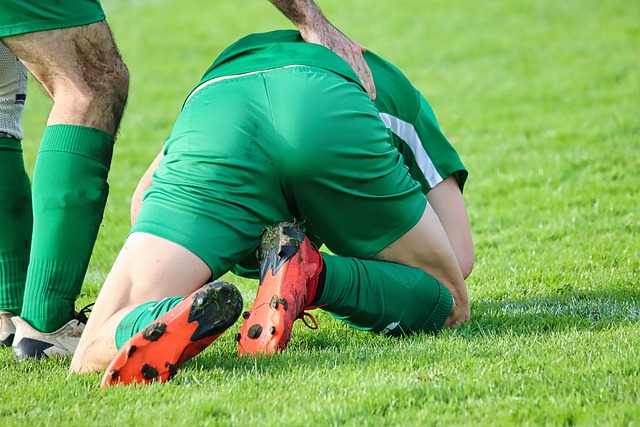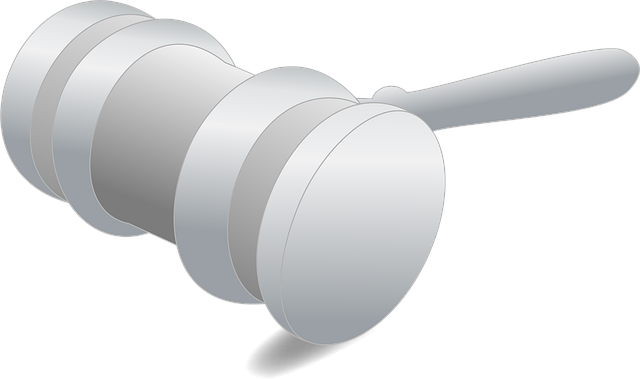Negligent diagnosis and treatment, especially in medical procedures and post-op care, are key drivers of medical malpractice wrongful death cases. Communication failures, misdiagnoses, incorrect treatment plans, and inadequate information transfer lead to severe patient harm or loss of life, often affecting vulnerable individuals in nursing homes. Families seek justice, compensation, and improved medical practices to prevent future tragedies.
“In the intricate landscape of medical care, errors can have profound consequences. This is especially true in wrongful death cases, where mistakes by healthcare providers can lead to devastating outcomes. This article delves into the critical types of errors that contribute to such cases, focusing on negligent diagnosis and treatment, medical errors during procedures, and communication failures among healthcare providers. Understanding these issues is crucial for recognizing potential instances of medical malpractice and pursuing justice for wrongful deaths.”
- Negligent Diagnosis and Treatment Mistakes
- Medical Errors During Procedures
- Healthcare Provider Communication Failures
Negligent Diagnosis and Treatment Mistakes
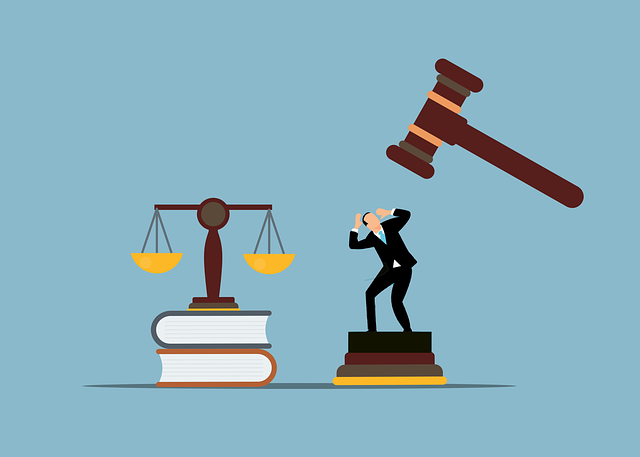
Negligent diagnosis and treatment are significant contributors to wrongful death cases, often leading to devastating consequences for families affected by such medical malpractice. When healthcare professionals fail to accurately diagnose a condition or provide timely and adequate treatment, it can result in severe harm or even death. This is particularly concerning as these errors can be prevented through proper care and attention to detail.
In the context of medical malpractice wrongful death claims, legal representation is crucial for families seeking justice and accident compensation. They must prove that the healthcare provider’s actions or inaction fell below the acceptable standard of care, directly causing the patient’s harm or death. Unlike other disputes, such as real estate conflicts, where negotiations might resolve issues, medical malpractice cases often require extensive knowledge of medical practices and legal procedures to secure fair outcomes for the victims.
Medical Errors During Procedures
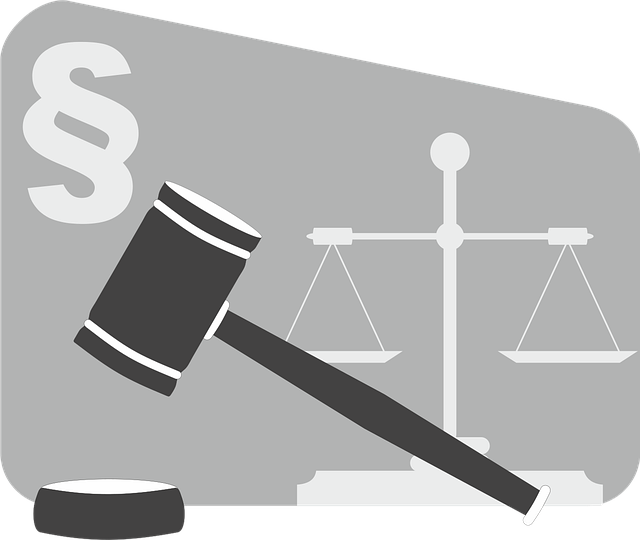
Medical errors during procedures are a significant contributor to wrongful death cases. These mistakes can range from misdiagnosis and prescription errors to surgical mishaps and inadequate post-operative care. In many instances, medical malpractice leads to preventable complications that result in severe harm or even death. The impact is particularly profound when it comes to vulnerable populations such as those in nursing homes, where proper care and vigilance are essential for safety.
Nursing home abuse, a form of medical neglect, often involves inadequate monitoring and failure to administer necessary treatments. Partnership disagreements between healthcare providers can also lead to lapses in communication, resulting in errors that could have been avoided through proper coordination. While car accident injuries are typically associated with wrongful death claims, medical errors within the initial treatment or follow-up care can exacerbate the consequences, leading to a higher risk of fatal outcomes.
Healthcare Provider Communication Failures
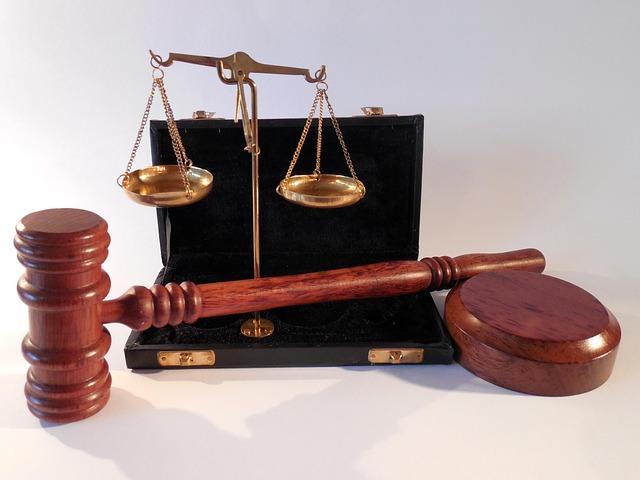
Healthcare Provider Communication Failures play a significant role in wrongful death cases stemming from medical malpractice. Often, these failures manifest as misdiagnoses, incorrect treatment plans, or inadequate transfer of patient information between healthcare providers. When doctors, nurses, and other medical professionals fail to communicate effectively, it can lead to severe consequences for patients’ health and, in the most tragic cases, their lives. Such communication breakdowns can occur due to rushed environments, poor documentation practices, or even language barriers, causing a chain of errors that might have been preventable with proper protocols.
In instances where clear communication is paramount—like during emergency situations or patient transfers—breaches of fiduciary duty can arise. Healthcare providers owe patients a duty of care, which includes effective communication. When this responsibility is neglected, it may result in missed opportunities to prevent harm. For families affected by these errors, seeking justice becomes not just about compensating for losses but also about ensuring that similar tragedies are avoided in the future through improved medical practices and heightened accountability, something an auto accident attorney or employment disputes specialist might advise on depending on the circumstances.
Wrongful death cases often stem from a range of medical errors, including negligent diagnosis and treatment mistakes, medical mishaps during procedures, and communication failures among healthcare providers. These issues underscore the importance of careful practices in the medical field to prevent such tragic outcomes. Understanding these common causes is crucial for both patients and healthcare professionals to foster safer healthcare environments, ultimately reducing instances of medical malpractice and wrongful death.



